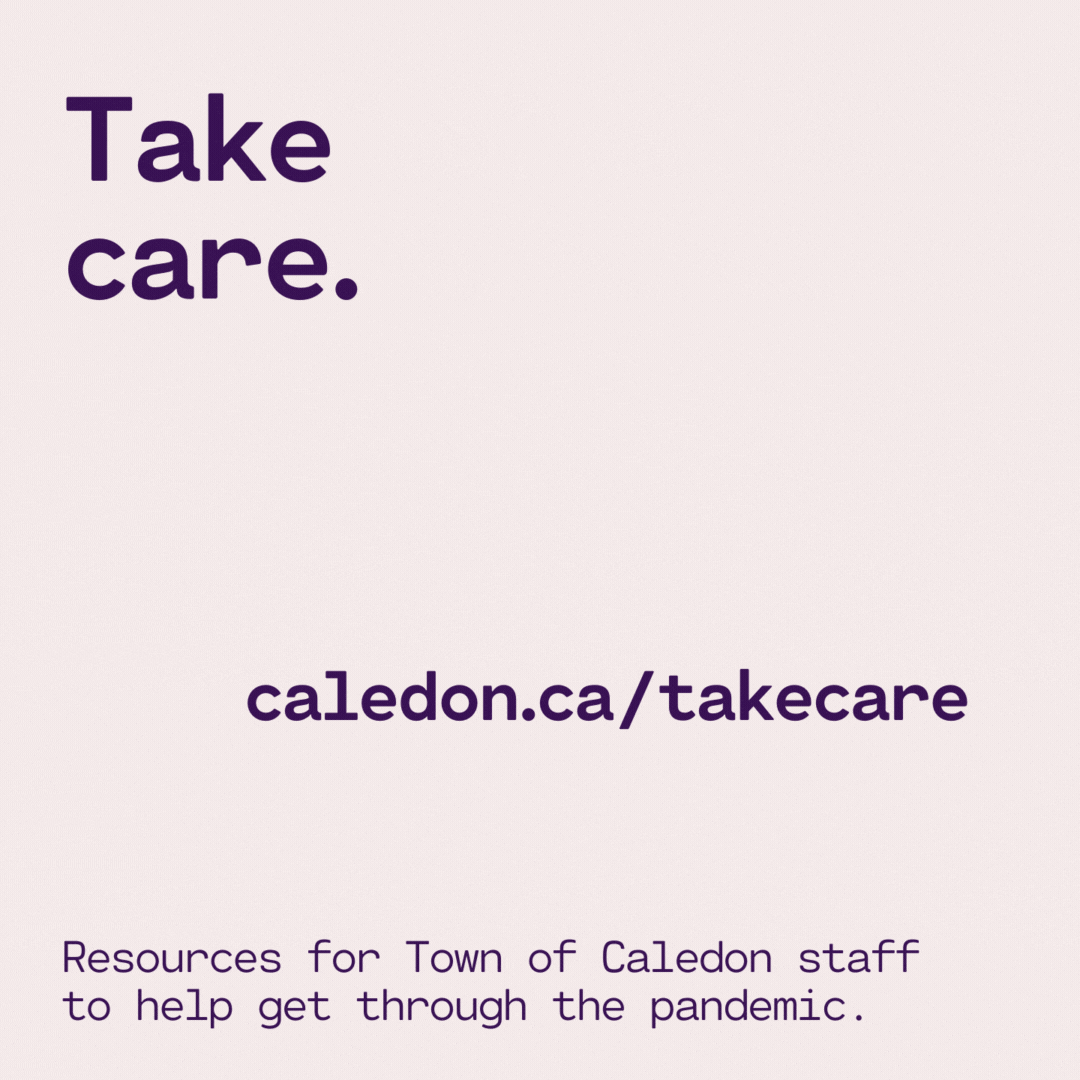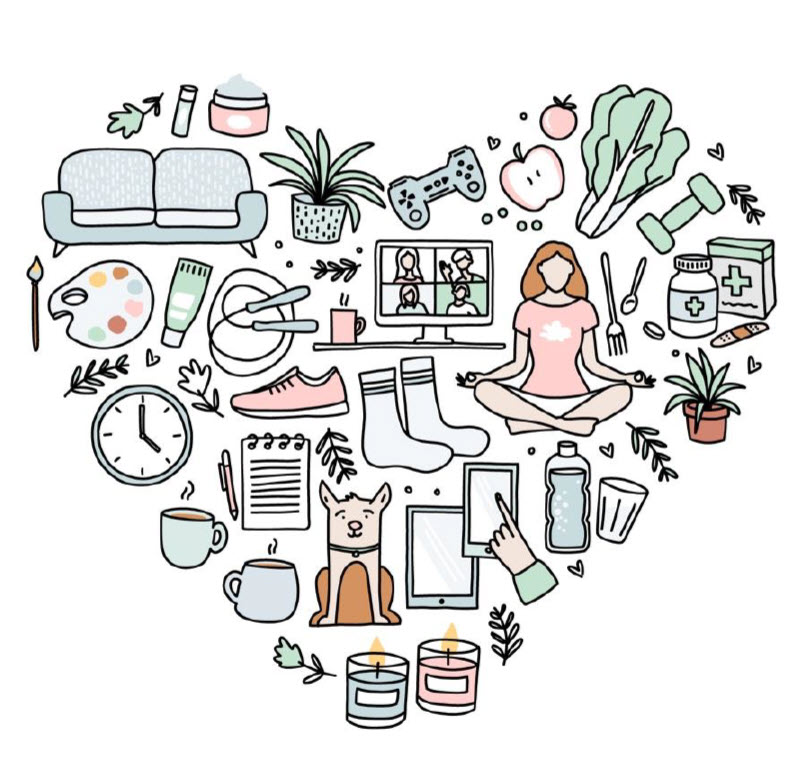Take Care
Take Care Platform
The challenges of the pandemic have impacted everyone. Our routines have changed significantly, both at work and at home. These lifestyle adjustments have reinforced the need for an increased need to support the health and well-being of you and your loved ones.
As we continue to adapt, it is important that you receive reassurance and guidance. To assist you, the “Take Care” platform was developed. It is designed to help you find and access additional support that you may need. This information is available to all staff, on both TeamNet and our external website. It is completely mobile friendly and accessible from your cell phone.
One size doesn’t fit all. Each of you may be looking for something different, but I want to ensure that your concerns are addressed in a meaningful way.
Taking care of your physical and mental health needs to be a priority. Supporting our employees and their families will benefit everyone for years to come.
New information will continue to be added as it becomes available, if you are aware of something that we haven’t included and think it would be a useful resource for others, please contact People Services at peopleservices@caledon.ca.
In addition to these resources, please remember that all employees and their families have access to the Town of Caledon’s confidential Employee Assistance Program (EFAP).
Maintaining well-being is different for everyone. By increasing access to wellness resources, it is a step towards a more inclusive and equitable workplace.
Resources
| Articles |
For more information, visit Homewood Health or contact People Services. |
| Websites |
|
In the event of an emergency or if you are in crisis, you should call 911 or go to the nearest hospital emergency room.
|
| Podcasts |
|
| Apps |
|
Videos
| 10 Steps to Achieving Work-Life Balance |
| Building resilience |
| How to "have that talk" about mental health |
| Caring for YOU, the caregiver |
| How to be kind to yourself |
Coping with stress
Stress is a fact of daily life and is the result of both the good and bad things that happen to us. Too much negative stress can cause serious health concerns, but there are many ways of dealing with the stress you may be feeling right now to reduce your risk.
Measure your stress
Take the Canadian Mental Health Association’s questionnaire regularly to monitor shifts in your stress levels and take action as needed.
Create a plan
If your stress levels concern you, build a stress management action plan. With this online tool from the Psychology Foundation of Canada, identify and address the source of your stress.
Self-care and resilience
When life gets busy and our sense of well-being and balance is affected, we often forget to take care of ourselves or we look for quick fixes or solutions to problems.
Building self-care into your daily or weekly routine can greatly improve resilience and prevent burnout.
Create a plan
Use this worksheet from Mental Health First Aid Canada to map out how and when to use these self-care practices and resilience building strategies.
Self-care Toolkit
We've put together some resources to help you create your own self-care toolkit.
Be compassionate with yourself and others and remind yourself, “I’m doing the best I can.”
| Top 6 Tips |
A little bit of anxiety is not a bad thing as it makes us conscious about the decisions we’re making when it comes to our health. It also encourages us to be prepared.
|
In closing
When we are overwhelmed by bad-news stories, it is hard not to feel discouraged. Cultivating and developing a sense of worth, well-being, joy and deep happiness amidst the difficulties of life is still possible. We must aim for compassion, caring, and calmness; every one of us can make choices to stay emotionally healthy.

Gratitude
When a person expresses or receives gratitude, dopamine releases, thus making a connection between the behavior and feeling good.
The more a person practices gratitude, the more often dopamine releases. Regardless of the role we each play during these challenging times; the health benefits of gratitude are undeniable.
Kindness
Kindness is intentional.
Stress is often what gets in the way of being kind. It’s harder to tap into our sense of caring when mentally we are in survival mode.
During these uncertain times where we have little control over what is happening around us in the world, let’s increase our levels of happiness by being kind to others and ourselves. Kindness does us good.
Laughter
We know that laughter is a powerful force. When we laugh our body releases endorphins and dopamine, nature’s feel good chemicals.
The result?
We can better cope with stress, find hope, and see problems in new ways. During the most difficult of times, a laugh, or even simply a smile, can go a long way toward making you feel better.
Laughter is contagious. Just hearing laughter primes your brain and readies you to smile and join in the fun. Laughter really is the best medicine!
Contact
We're here to help.
If you have any questions or need more information, please contact People Services.





 Subscribe to this page
Subscribe to this page